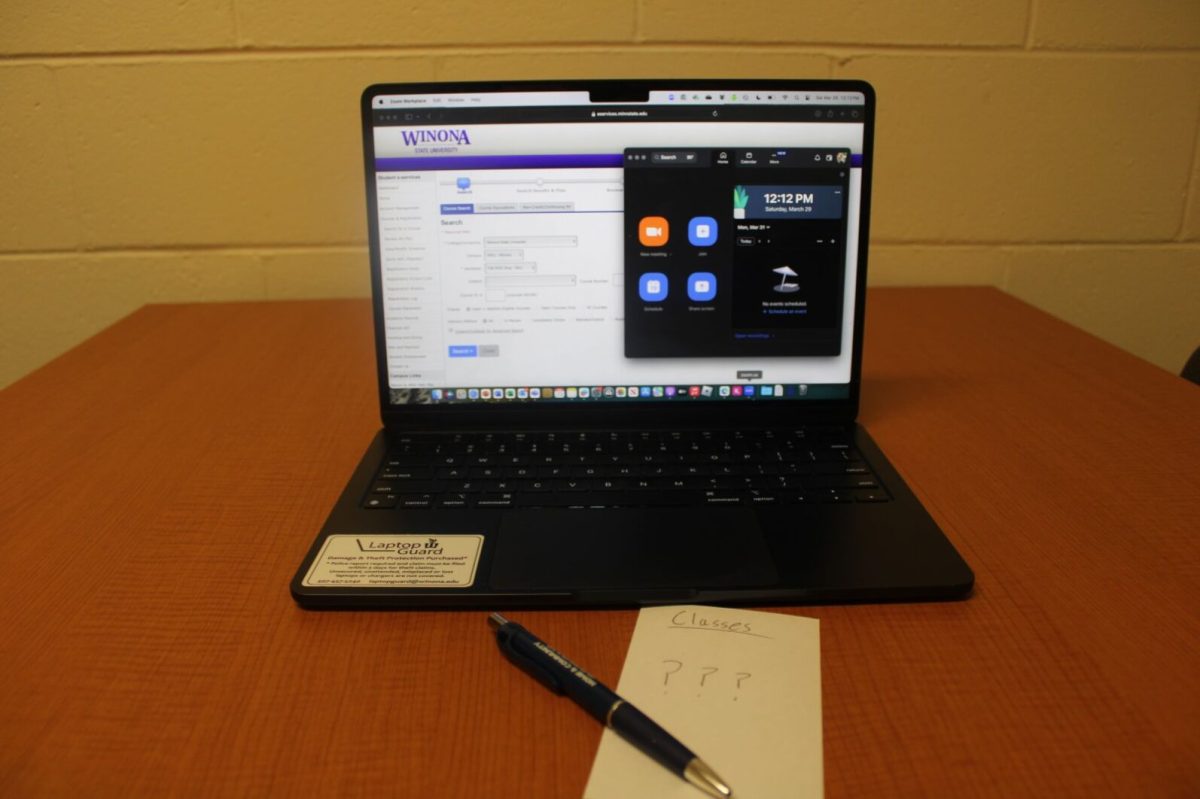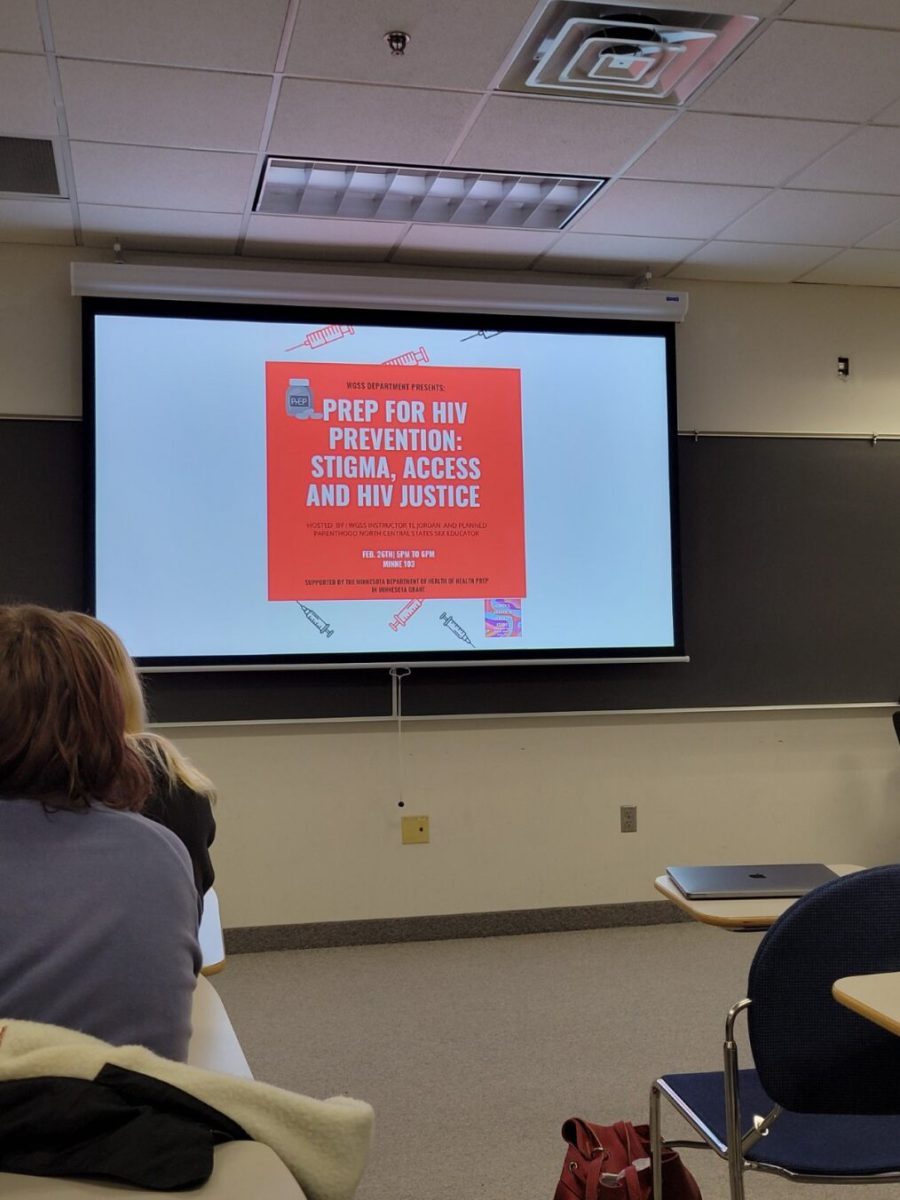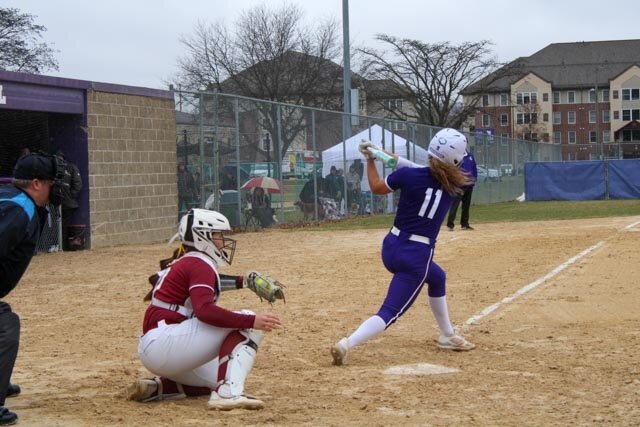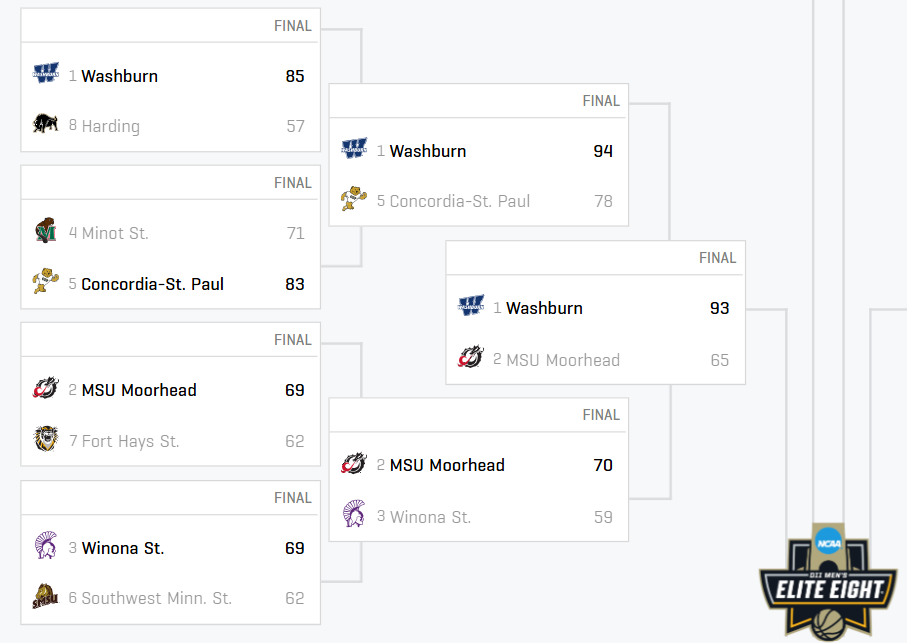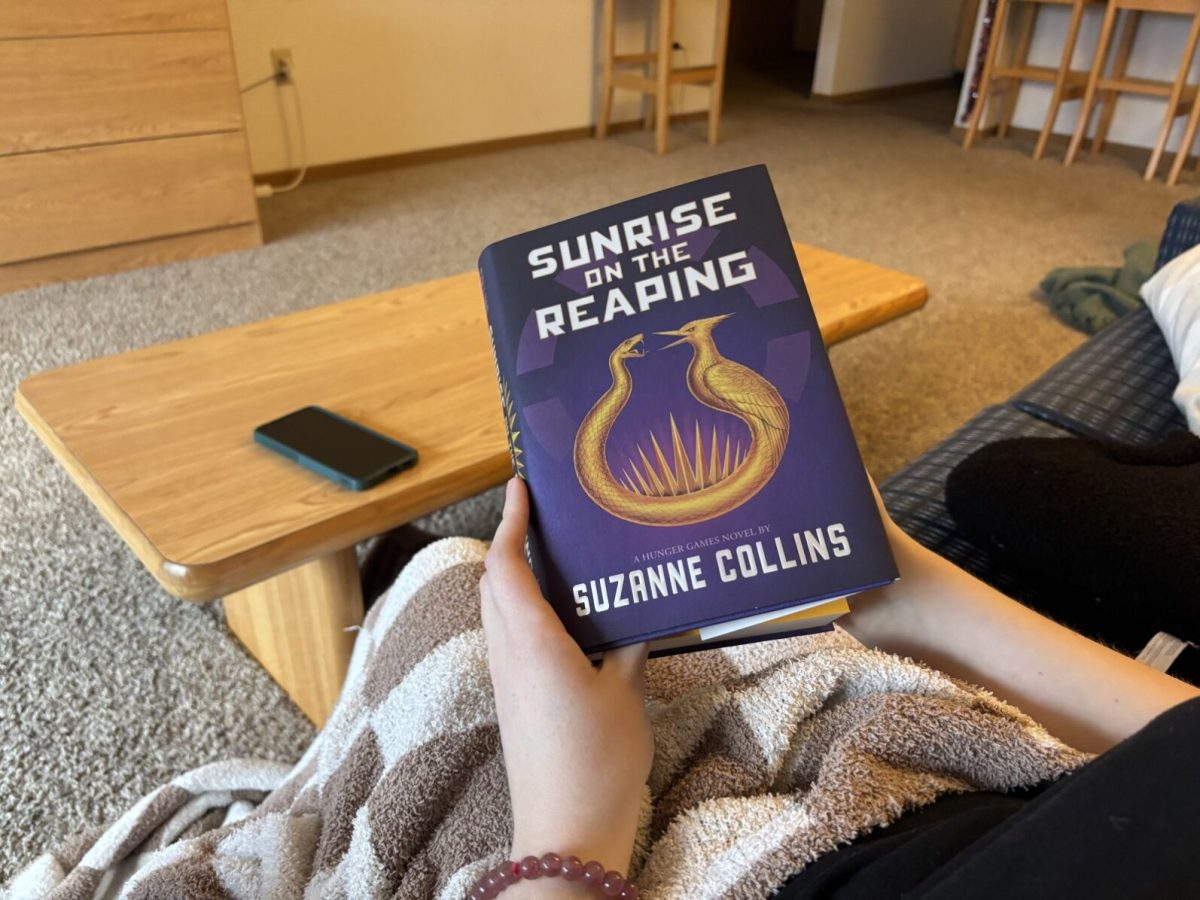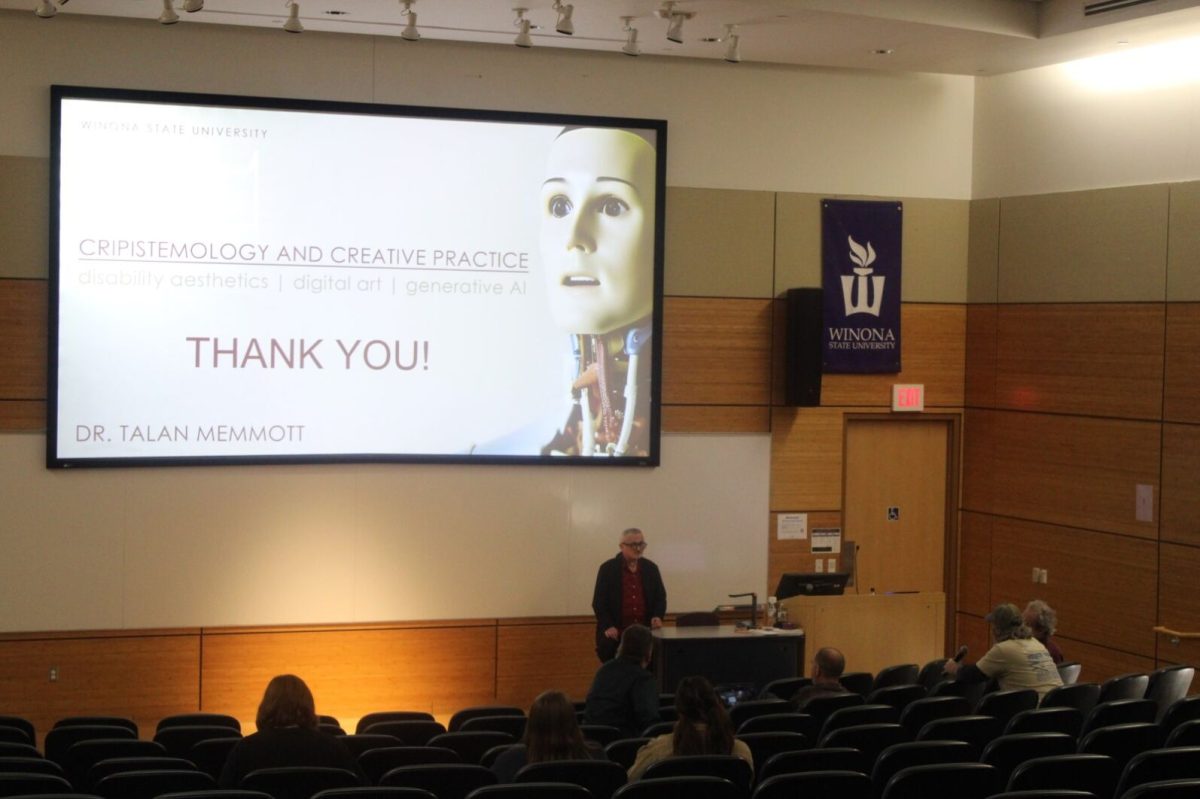Campus reaches more than 100 COVID-19 guideline violations
December 2, 2020
Winona State University has recorded 102 COVID-19 non-compliance violations from Aug. 24 to Nov. 24.
The COVID non-compliance form was created for students and faculty to report instances where someone was seen not social distancing, wearing a mask or following other COVID guidelines.
There are six different types of violations that can be reported on the COVID non-compliance form: noncompliance with wearing a face covering on campus, not social distancing on campus, noncompliance with both face covering and social distancing on campus, noncompliance with wearing a face covering off campus, not social distancing off campus and both not wearing a face covering and not social distancing off campus.
Data is available with the first, second and third time violations, which are each given different sanctions.
A students’ first violation sanction is a written letter; the second violation’s possible sanctions are a reflection paper, educational program, disciplinary probation and community service; the third violation’s possible sanctions are educational program, disciplinary probation and suspension.
There have been 73 first time violations, each student given a warning letter. The most common violation was both not wearing a face covering and not social distancing on campus with 45 reports. Following that, there were 15 reports for not social distancing on campus, six reports for both not wearing a face covering and not social distancing off campus, five reports for not wearing a face covering on campus and two reports for not social distancing off campus.
There have been 28 second time violations, each student given further sanctions. The most common violation was again both not wearing a face covering and not social distancing on campus with 17 reports. There were eight reports of not social distancing on campus and three reports of not wearing a face covering on campus.
Dean of Students, Karen Johnson, said the most common sanction given for second time violations was a reflection paper.
“We really want to know why, what’s the problem, is it inconvenient, are you just doing it to make a statement,” Johnson said. “[In the reflection paper] students write down why they don’t wear a mask. [The paper is] looking at the situation and saying, “how can I do better, how will I do better next time.””
There has only been one third time violation and the report was for both not wearing a face covering and not social distancing on campus.
Johnson said the sanction for this violation was the removal of the student from their residence hall.
“A student was removed from the residence halls for not ever wearing it [a face mask] in the residence halls. That’s probably the most severe [sanction] so far but it was persistent and frustrating for everyone else living in the residence halls because that’s their home,” Johnson said.
The most common area on campus where there has been COVID non-compliance is the dining center.
“The dining room has been a big problem because students need to take their masks off to eat. We understand that, but they’re not putting them back on when they’re done eating, they’re not putting them back on when they talk to the workers in Jack Kane dining center,” Johnson said.
Johnson also said the COVID non-compliance form is not 100% effective.
“I think it’s the best we can do because in order for this form to be effective, people have to know a name, they have to know who the other person is,” Johnson said. “If I see someone walking down the hallway without a mask and I don’t know who it is, then I can’t report that at all.”
Johnson said students at Winona State are following COVID guidelines for the most part.
“My perception is that most students that are here are really doing well. They’re wearing masks, they’re social distancing, they’re following the rules,” Johnson said. “There are a few, of course, who don’t follow the rules, and I think that’s at least irritating to everyone else who is trying to keep COVID in check and do the right thing.”

